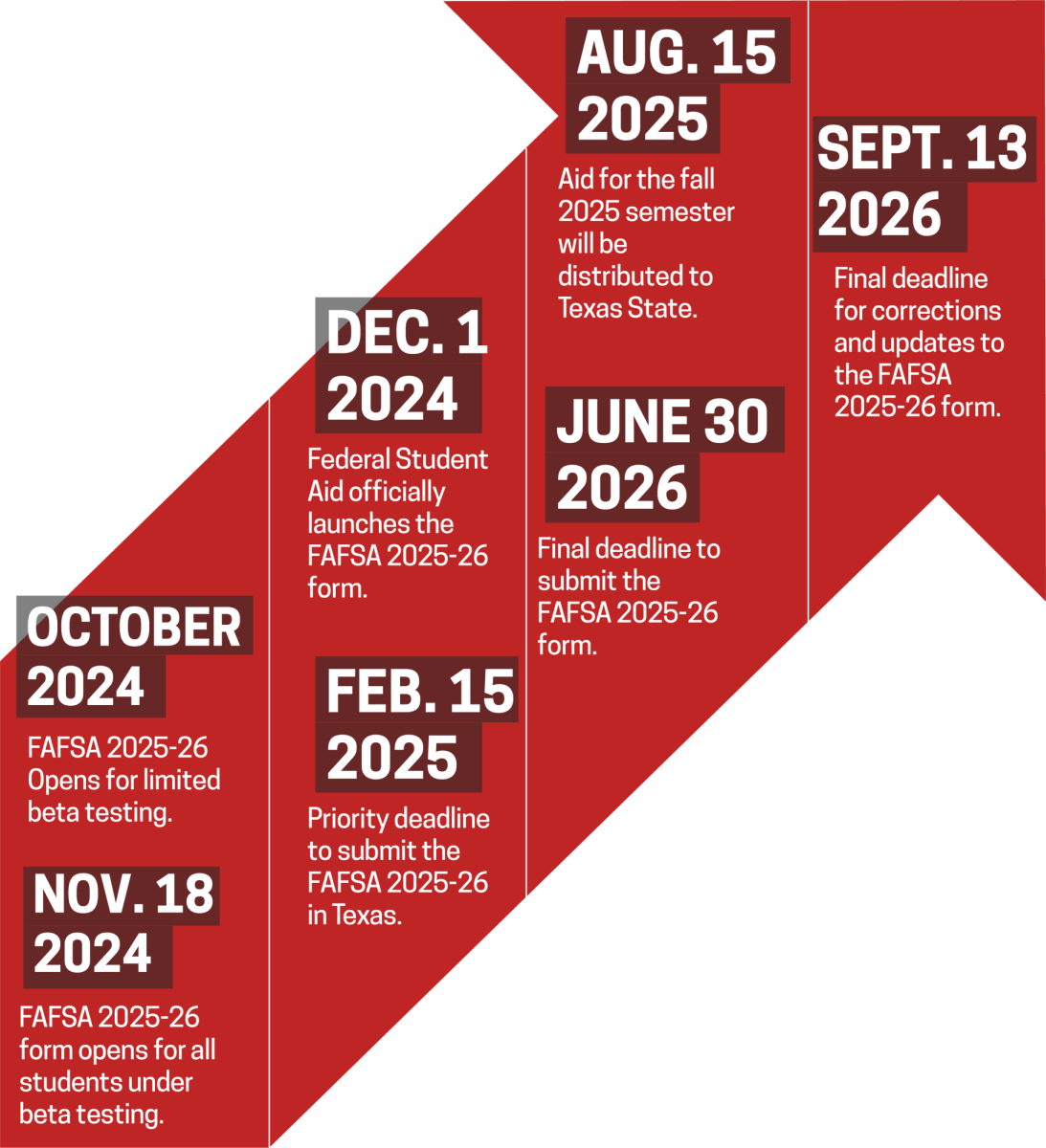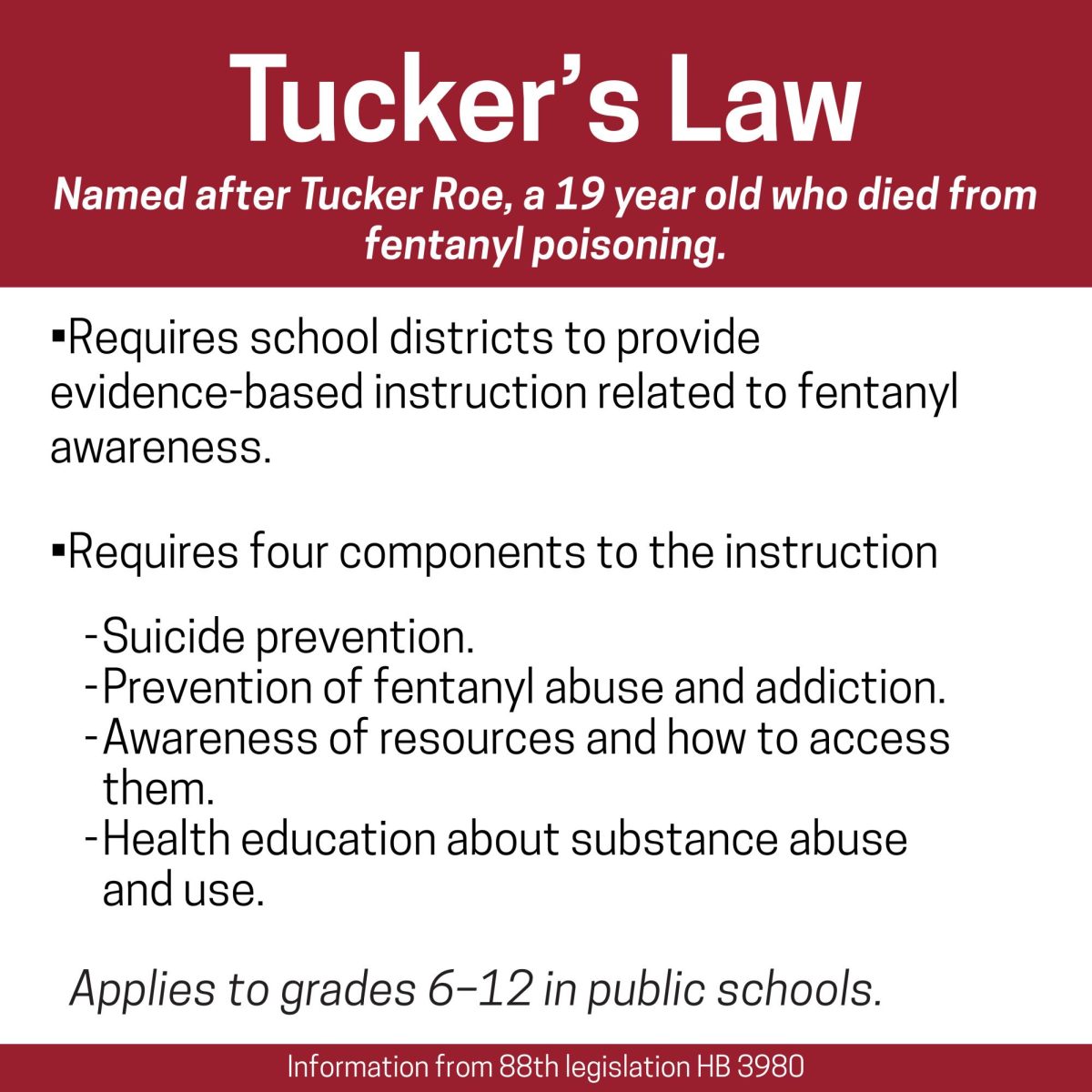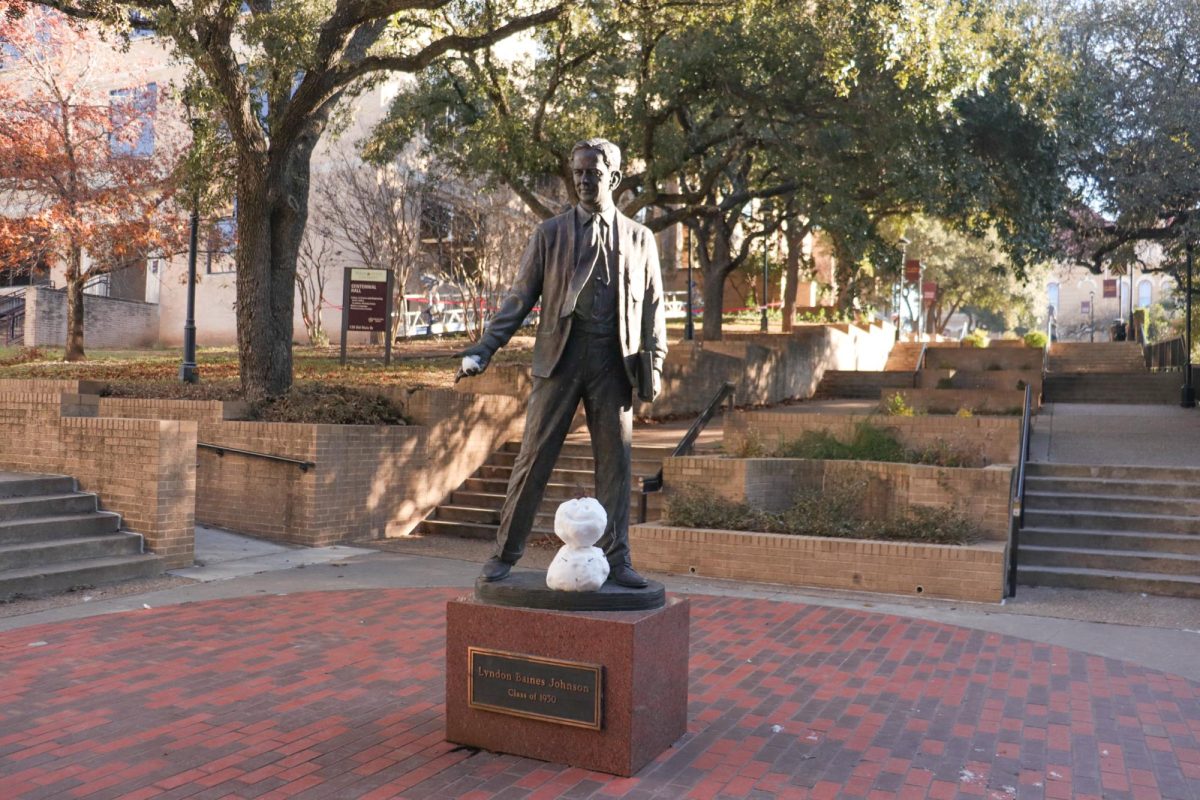The FBI’s inability to decrypt the phone of Sutherland Springs gunman Devin Kelley has reignited the government’s desire for a backdoor access to technological devices, specifically cell phones.
Apple’s famous stance against the FBI’s request for backdoor encryption on a phone related to the 2015 San Bernardino, California, attacks led to the Bureau paying a third-party company $900,000 for the device’s decryption, which was done by leaning on a fault in the security system. This contracting indicates that the cooperation of tech-giants like Apple isn’t necessary for accessing information.
Mina Gurguis, a computer science professor with a focus on the intersection of security, networks, and stochastic control, sees the line between a need for justice and a right to privacy as constantly blurring in and out of focus.
“We all know that software is not perfect and that people can bypass certain security checks,” Gurguis said. “It’s very hard to protect our privacy when there are tools that can break the encryption. … (but) it’s better for the government to not have this power. If there are companies out there that can do this for them, let them fight and see who wins.”
The Texas Rangers served Apple Inc. with a search warrant on Nov. 9 for files stored on Kelley’s iPhone SE and in his iCloud. Internal efforts to gain access to information; however, have been unsuccessful. The rapid advancement of encryption technology makes it increasingly harder to access devices without the proper password, leaving lawmakers and law enforcement with unclear regulations on the decryption of devices.
Gilbert Martinez, a media law professor in the School of Journalism and Mass Communication, finds the government’s search for universal decryption to be a violation of privacy rights.
“… If law enforcement agencies were to gain access to a person’s phone against their consent, that raises a serious question,” Martinez said. “… (E)ven if justified for good purposes, it is so easy to abuse. … (T)hose that have committed criminal offenses (still) have rights and nobody is rushing to defend (them).”
Encryption’s effects on counterterrorism are taken on a case-by-case level, with evidence not guaranteed on any device. The decisiveness of when backdoor access is appropriate has not been entirely fleshed out, and the debate thickens when taxpayer money is used to cover the expenses.
Categories:
Sutherland Springs gunman sparks encryption debate
November 25, 2017
Photo Illustration by Lara Dietrich | Multimedia Editor
0
Donate to The University Star
Your donation will support the student journalists of Texas State University. Your contribution will allow us to purchase equipment and cover our annual website hosting costs.
More to Discover








